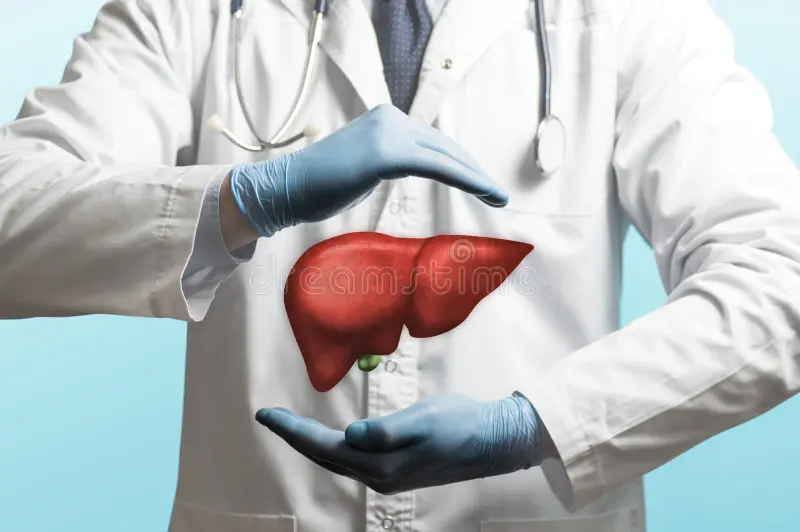The right questions can make all the difference in understanding your liver disease symptoms and your care plan. Before beginning treatment, it’s key to talk openly with your doctor about the type and stage of liver disease, potential side effects, and lifestyle adjustments that may support recovery. Here are key questions to ask your doctor about your liver disease treatment:
Learning About Your Liver Condition
Start by asking your doctor to explain your type of liver disease. Different conditions affect the liver in various ways, and understanding your particular diagnosis helps you grasp what’s happening in your body. Ask about the stage or severity of your liver disease, as this information directly impacts your treatment options and prognosis.
Request clarification about the liver disease symptoms you’ve been experiencing. Your doctor can explain how your symptoms connect to your diagnosis and which ones require immediate attention. Inquire about symptoms you should watch for in the future, as liver disease can progress over time.
Exploring Treatment Plans and Outcomes
Ask your doctor to explain all available treatment options for your condition. Different types of liver disease respond to different treatments, ranging from medications to lifestyle changes and advanced interventions. Understanding each option helps you make informed decisions about your care.
Discuss the expected outcomes for each treatment approach. Ask about success rates, how long treatment takes, and what improvement you should expect to see. Request information about what happens if your current treatment doesn’t work as expected.
Find out about the timeline for your treatment. Some liver conditions require immediate intervention, while others can be managed with ongoing care over extended periods. Understanding your treatment schedule helps you plan and set realistic expectations.
Discussing Side Effects and Changes
Every treatment comes with potential side effects. Ask your doctor to explain what you may experience and which side effects require immediate medical attention. This information helps you distinguish between normal treatment responses and concerning symptoms.
Discuss the lifestyle changes that support your liver health. Ask about dietary modifications, exercise recommendations, and substances to avoid. Your doctor can provide specific guidance based on your condition and current health status. Inquire about work limitations, travel concerns, and whether you can continue your regular exercise routine.
Preventing Future Liver Complications
Ask about the long-term outlook for your condition. Understanding whether your liver disease is reversible, manageable, or progressive helps you plan for the future. Request information about follow-up care and monitoring that will be needed. Discuss prevention strategies to protect your remaining liver function. Ask about vaccinations you may need, as well as medications or supplements to avoid. Find out about warning signs that indicate your condition is worsening. Knowing when to seek immediate medical care helps you respond quickly to any changes in your health.
Evaluate Your Liver Disease Symptoms Today
Preparing thoughtful questions before your appointment helps you get the most from your time with your healthcare provider. Write down your questions beforehand and bring a trusted friend or family member to help you remember the information discussed. If you’re experiencing signs of liver disease, contact a trusted gastroenterology specialist near you to schedule an appointment for a professional evaluation today.
- Đeman: Meaning, Origins, and Cultural Importance in the Modern World
- Literotica Tags: A Comprehensive Guide for Readers and Writers
- Awius: A Complete Guide to the Data-Driven Business Strategy Tool Transforming Modern Organizations
- Rowdy Oxford Integris: A Complete Guide to Meaning, Lifestyle, Style, and Cultural Impact
- Modern Trends in Urban Living: How Smart Homes Are Shaping Lifestyle Choices





